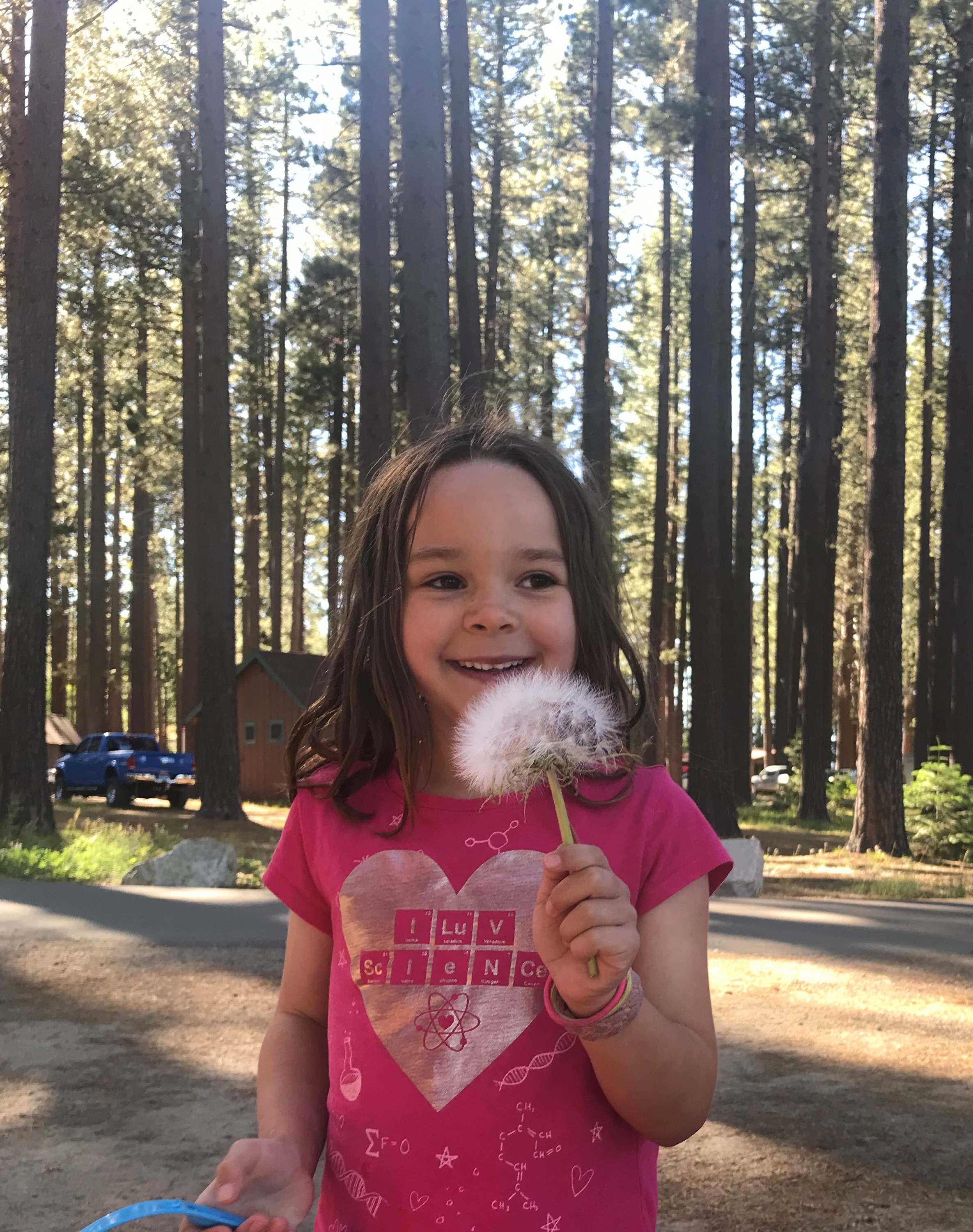"Children can now recognize greater than a thousand corporate logos, but fewer than ten plants native to their region"
- Scott D. Sampson
(author of "How To Raise A Wild Child")
What can nature do for your child that a classroom cannot?
Walt Streightiff said, "There are no seven wonders of the world in the eyes of a child, there are seven million."
Anyone who has spend time around a young child and an empty box know just how true this is. Yet the benefits of nature go way beyond it's beauty and mystery.
Research shows that children who spend time in nature tend to have a lower BMI and higher overall physical fitness.
So important, especially in today's society. Yet the benefits of nature go way beyond physical fitness as well.
Nature helps children improve both physical and emotional health as well as grow in an intellectual and conceptual dimension nearly impossible to duplicate. [See a list of benefits below or on our website]. In a world where we are craving connection, one of the lost connections is that of humans to their natural environment (2). And this lost connection may affect more than you think.
The following is an excerpt from “Balanced and
Barefoot” by Angela J. Hanscom
“Imagine a child you know (maybe
even your own) in gymnastics class on a balance beam. She walks across it with
bare feet. It is consistently smooth, warm, and unbelievably level. She knows
its length and feel. There are no surprises. Now imagine her outside, walking
barefoot across a log that crosses over a shallow marsh. She walks across the
anything-but-level balance beam for a couple of feet just fine. The soft moss
tickles her feet and the log is relatively dry and warm. If all of the sudden
it gets soft on her, she has to adjust her balance quickly to keep from falling
in the marsh that surrounds her. The water from the marsh trickles over her
feet and mud gets in her toes. She experiences a moment of fear and then joy as
she realizes she is not going to fall in. She keeps walking, and once off the
log she feels the crunchy dried-up leaves of the forest crackle under her feet.
Walking on the log not only
ignited all of her senses at the same time, but it also challenged her to
react, tested her balance and required that she learn to persevere in the face
of difficulty. The outdoors is unpredictable, and oftentimes children will come
across things that are unexpected. The outdoors forces them to access their
environment and evaluate risks. When a young child becomes adept at evaluating
her environment, assessing risks, and accepting challenges, she also becomes
confident.
Children build confidence, learn
to challenge themselves at their own pace, and learn to be adaptable...
Letting
children take risks boosts their confidence. Using a knife to whittle a stick,
exploring without an adult, tending a fire, and creating a fort all have one
thing in common: there is the risk of injury. Even though letting kids take
risks can be scary for parents, these experiences offer considerable reward and
value to growing children.”
So what can nature do for your child that a classroom cannot?
Just that, exactly as Angela Hanscom says above. But taking it a step further I'm going to list the immediate physical, emotional, and intellectual benefits that nature has on children (and adults). In my next blog, I will go into the long term more conceptual benefits.
There has been growing research in recent years showing the following benefits of spending time in nature.
Physical Benefits
"At least a portion of these effects appear to be due to chemicals emitted by the plants" (1). In addition, "contact with natural light is therapeutic and has immediate positive effects on stress, blood pressure, and immune system" (3).
Emotional & Intellectual Benefits
"When we spend time outdoors, we are more mindful of what we see, what we hear, what we smell, and what we feel" (3).
"Nature also has an unparalleled capacity to stir our emotions, fostering raw and powerful feelings of wonder, awe, mystery, and joy - and, yes, fear.
Smelling a wildflower in an alpine meadow, sprinting into the ocean surf, and sharing a face-to-face encounter with a coyote are all experiences that differ mightily from virtual alternatives."
- Scott D. Sampson
With so many immediate, or nearly immediate, benefits of nature it's clear that sometimes children know more than we do...they know the pure magic of a dandelion puff without being told!
***********************
Sources:
(1) Book; "How To Raise A Wild Child"; Scott B. Sampson
(2) Book; "Last Child In The Woods"; Richard Louv
(3) Online Article; "The Positive Effects Of Nature On Your Mental Well-Being"; Madhuleena Roy Chowdhury; www.positivepsychology.com
